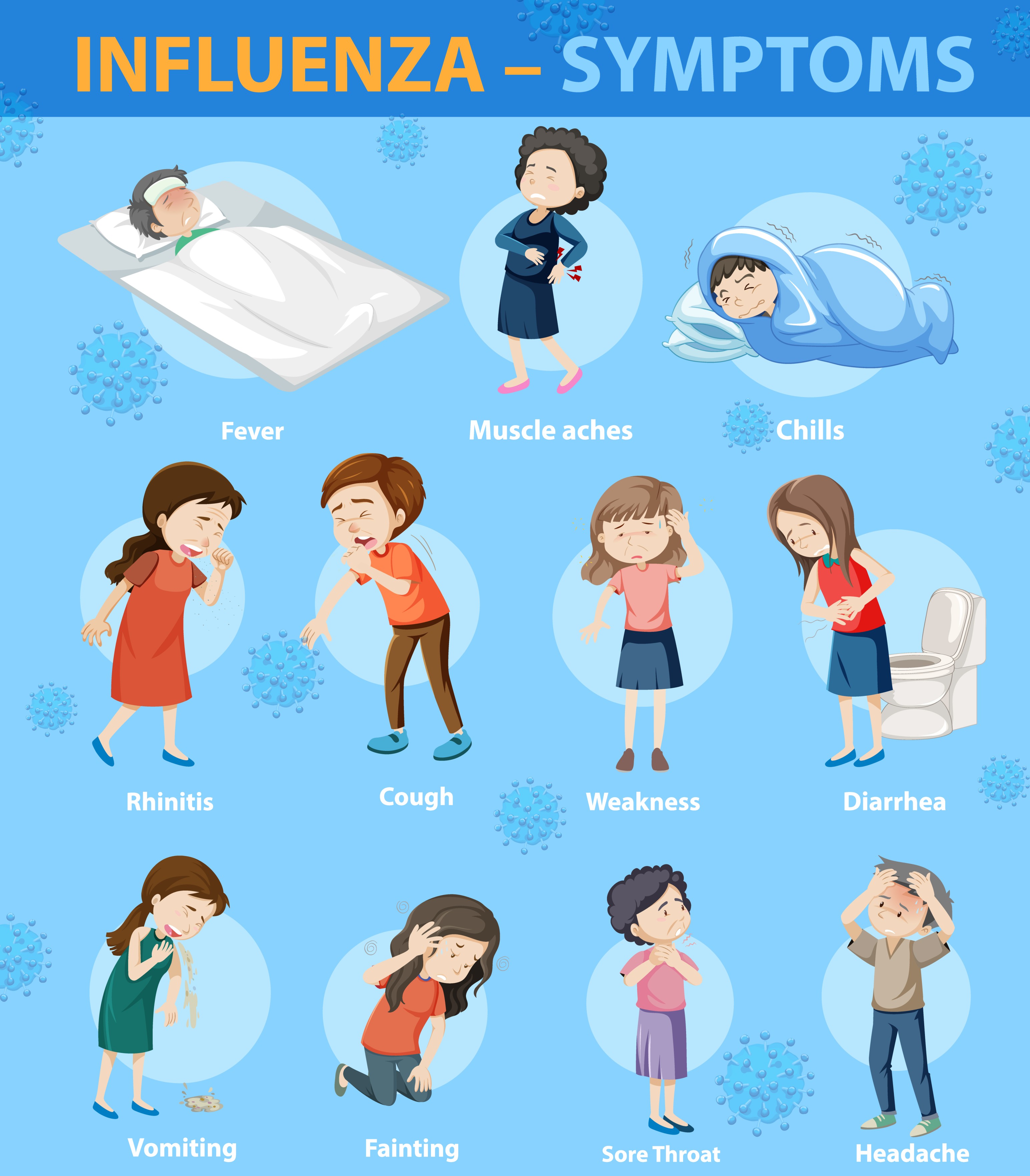
Causes and Triggers of Allergic Rhinitis
Introduction: Allergic rhinitis can be triggered by various factors. Let’s uncover the common causes and triggers behind this bothersome condition.
1. Allergens: The primary cause of allergic rhinitis is exposure to allergens such as pollen, dust mites, pet dander, mold, and cockroach droppings. When these allergens enter the body, the immune system reacts by releasing histamines, leading to allergy symptoms.
2. Pollen: Pollen from trees, grasses, and weeds is a common trigger for seasonal allergic rhinitis. During certain times of the year, pollen counts can be high, causing symptoms like sneezing, runny nose, and itchy eyes.
3. Dust Mites: Dust mites are tiny insects that thrive in household dust. Their waste particles can trigger allergic reactions in sensitive individuals, leading to symptoms like nasal congestion and sneezing.
4. Pet Dander: Pet dander, tiny flecks of skin shed by cats, dogs, and other animals, can trigger allergic rhinitis symptoms in susceptible individuals. Even if you don’t own a pet, you may still encounter pet dander in public places or on the clothes of pet owners.
5. Mold: Mold spores, which thrive in damp and humid environments, can trigger allergic reactions when inhaled. Common sources of indoor mold include bathrooms, kitchens, basements, and areas with water damage.
6. Cockroach Droppings: Cockroach droppings contain proteins that can trigger allergic reactions in some people. Exposure to cockroach allergens, often found in urban environments, can exacerbate allergic rhinitis symptoms.
Conclusion: By understanding the causes and triggers of allergic rhinitis, you can take steps to minimize your exposure to allergens and manage your symptoms more effectively.
To seek medical advice, always consult a Doctor. Here are our recommended experts. Click here
To read more on Respiratory disease . Click Here


